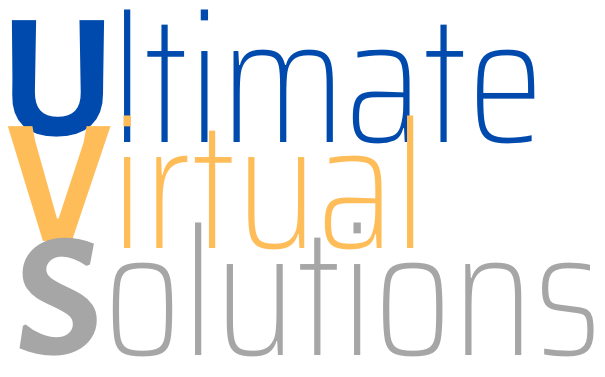When you are creating a website there are a number of decisions to make about your website design options. In addition to your budget and the creation process, there are features and functions to weigh. There are so many fantastic technologies and options that the process can feel overwhelming. This post should help.
#1 What Is The Purpose Of Your Website?
This is perhaps your single most important consideration. When you know your website’s purpose there are some design options that just make sense. For example, if you are going to be an affiliate marketer and your website’s purpose is strictly to provide information, then you will likely want a CMS or a theme-based website. Know your site’s purpose first! Then you can weight your options.
On the other hand, if you’re building an e-commerce site you will want a shopping cart solution and a product catalog full of product photos and descriptions.
#2 What Is Your Budget?
Believe it or not, you can design a professional-looking website on just about any budget. You don’t have to spend thousands of dollars to hire a pro. That being said, you may want to hire a professional so the job is done right the first time. A professional can help you integrate all of the design elements and technologies right from the get go.
If you have a low start-up budget, consider having an existing template or design modified by a pro. For example, you can hire a WordPress designer to modify a template to fit your needs and website purpose.

#3 Who Is Your Audience?
Your audience plays a very important role in the design of your website. Not only do you want to make sure your site is easy to navigate, you also want to make sure it appeals to your audience. If they’re cutting edge, then you will want a modern look and feel. If your audience is older, then you may want a more mature design.
Does your website niche fit better with video content or print content? How are you going to connect with your prospects, visitors and customers? Your site's design needs to support your audience and their needs and desires.
#4 Efficiency And Logic
While the appearance of a website is important, so too is the user’s experience. Ideally a site will feel intuitive. Everything will be easy to find and apparent. Your visitors won’t have to dig for information and if they are digging it’s because you want them to. This means:
It's All About Your Website Design Options
Before you design your site or have someone design it for you, plan it on paper. Know exactly what your site’s purpose is and create a plan to make it happen. Research other sites in your industry. Research keywords so you know how your prospects search.
Also take a look at the various technologies that can support your website design options and the site's primary purpose. Some website design services offer seamless integration. Keep your visitor user experience at the heart of every decision and you won’t go wrong.
Discover more from Ultimate Virtual Solutions
Subscribe to get the latest posts sent to your email.

